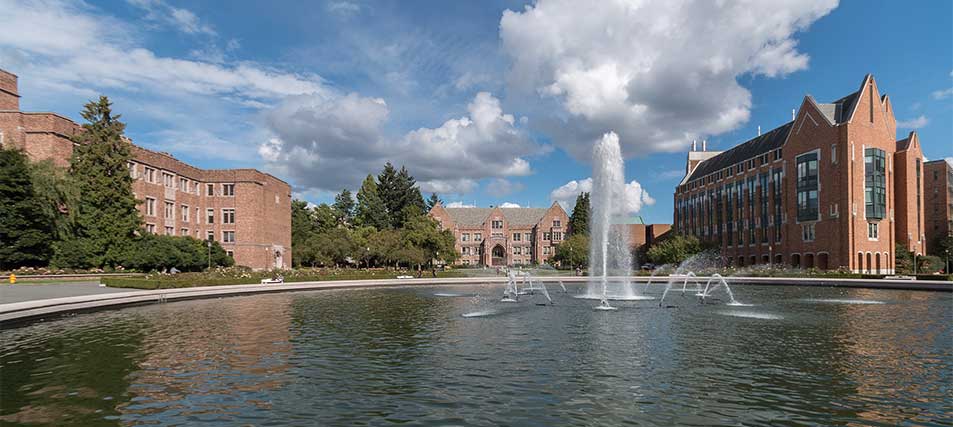Resources / Explore Your Options
Five Steps to Begin Your College Search

Maybe college has seemed down the road for years. But now it's around the corner! Here's how to begin to invent your future.
The whirlwind of high school may leave you little time to think about colleges, let alone what kind of experience you want to have. So how do you find out more about what would make a college work for you?
1. Ask Yourself What Makes You Tick
Now's the time to have a conversation with yourself about what makes you tick. What are your core values? How do you like to learn? What are your strengths and weaknesses as a student? How do you like to socialize? How do you recharge your batteries? Let this self-knowledge be your guide as you look for colleges.
2. Ask People Who Know You Well
Seek out people who know you well and whose judgment you trust, such as your parents, a family friend, and your counselor. Ask them what college experiences they think might suit you. Their feedback may help you see yourself in new ways and give you new ideas about what college qualities might help you thrive.
3. Ask People Who've Been Through College
Ask older acquaintances, such as siblings of friends, what they learned from their own college searches. Ask what they like and dislike about their college experiences. If you're drawn to a certain major or career, talk to people in that field. They should be able to point you toward the kind of colleges that can help you achieve your goals.
4. Get Real About Your Admission Chances and What You Can Afford
What's your track record as a student? What can you and your family afford for college? Keeping these two factors in mind will help you choose colleges likely to admit you and likely to be affordable.
5. Find Out What Makes Colleges Different
The more you know about colleges, the better picture you'll get of what different colleges can offer. Here are some resources to help your research.
- Explore online. Explore college planning websites, such as CollegeData, where you can get valuable information about the college planning process and learn about the many qualities that set colleges apart.
- Make contact with colleges. You can usually connect with your college representative in person, or by phone or e-mail. You can also attend local college fairs where you can find out more about individual colleges and speak with college reps. Many college reps also make presentations at high schools. Ask your counselor for a schedule.
- Visit colleges. Putting boots on the ground at a campus is one of the best ways to learn what college is like. Even visiting colleges you have no intention of attending can help you better understand your college preferences.
- Look over guidebooks. Thumbing through college guidebooks is another way to start thinking about your college list. They offer detailed descriptions and thoughtful reviews of many colleges throughout the U.S.



